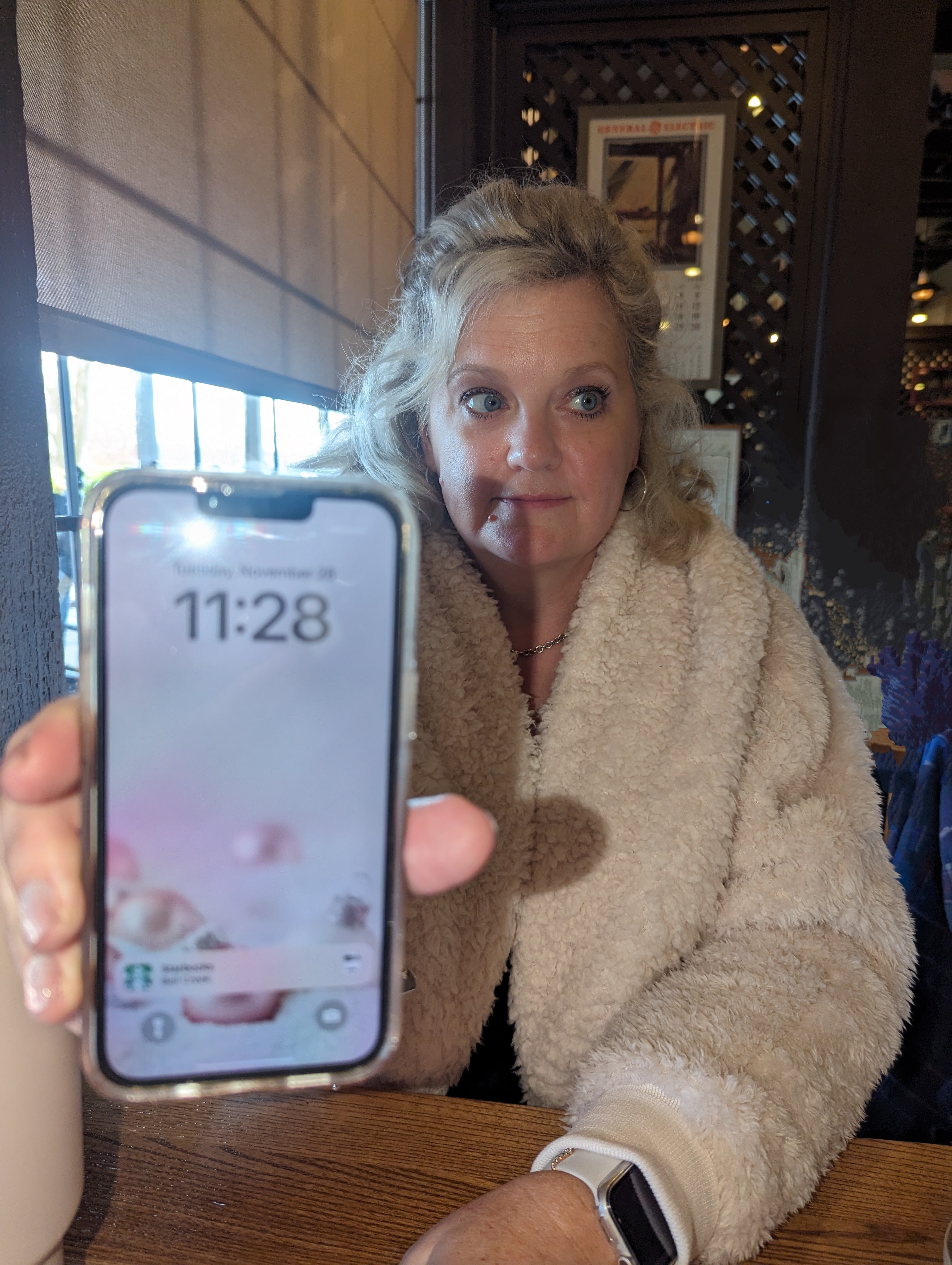 “There’s not a single exception. All screen activities are linked to less happiness, and all nonscreen activities are linked to more happiness,” noted Jean Twenge in “Have Smartphones Destroyed a Generation?” The Atlantic, September 2017.
“There’s not a single exception. All screen activities are linked to less happiness, and all nonscreen activities are linked to more happiness,” noted Jean Twenge in “Have Smartphones Destroyed a Generation?” The Atlantic, September 2017.
Reading this spawns random memories of articles like, “Has television destroyed a generation?” or “Has Dungeons & Dragons led to teen deaths?” or “Has MTV destroyed music?”
I don't always put on my social science “hat,” even though it actually was one of my undergrad majors at University of Richmond. But the minute somebody says there is no exception about anything, my Spidey sense prickles: "All or none" principles rarely stand the test of time.
I read Twenge’s quote minutes after having worked 3 hours on my cellphone, either updating or writing a half-dozen articles for this website. I was literally embedding my hobbies into my corporate writing. For fun. It made me happy.
In Psychology Today, Sarah Rose Cavanagh later "disagreed with Twenge’s negative view of the impact of smartphones—pointing out that Twenge had ignored data supporting positive findings, presented correlation as causation, over-generalized and not taken social contexts into account."
Twenge responded, citing a meta-analysis and controlled experiments in support of her theories and stating that her article and book had also highlighted positive trends.
“[S]martphone or internet use of up to an hour or two a day is not linked with mental health issues or unhappiness …it’s two hours a day and beyond that’s the issue."
So, it seems that Twenge backed away from the all-or-none solution. Good call.
But even so, this doesn't pass the sniff test.
Today I have spent an insane portion of my day in screen time. Here are a few of my activities, most of which used a smart phone, and a couple of which involved my television:
- Talked for a couple of hours to my daughter in China, using a smartphone app.
- Talked for an hour to my sister in another state.
- Contacted two aunts to tell them happy birthday.
- Talked for an hour to my father to thank him for being a veteran, whom I theoretically could have driven over to see, but chose the convenience of the call.
- Spent probably 6 hours in research for articles, writing them, and coding them for my website (that includes the 3 hours I spent later this evening).
- Watched a television show with my husband.
- Studied Japanese (one of a couple new languages I've been learning off and on since COVID) on an app.
- Interacted with maybe a dozen people using social media.
These were things that made me genuinely happy. These were things that made the other people with whom I interacted genuinely happy. I find joy in writing about things that interest me.
We noticed during 2020 and 2021 that we could no longer police our students to a small amount of screen time--because all of their school and college classes were on their screens. To do so would have been disingenuous, literally telling our students that we were failing them with our educational choices during the COVID crisis.
And what about Twenge's quote that “all nonscreen activities are linked to more happiness”? I know her sentence is intended to be hyperbole, but seriously? What about things like...
- Arguing with others?
- Cleaning up after someone who doesn't follow the family mores?
- Spending an hour on the side of the road waiting for a tow truck?
During 2020, I joined Yale’s "The Science of Well-Being" course. The university kindly offered it for free to anyone who was interested, with the realization that there could be many people that were struggling from isolation. Since I don't live near Yale, all of my interactions with them were via smartphone--from the articles, to the blogs, to the digital books, to the smartphone app (Calm), to the podcasts. I enjoyed the experience--and if I hadn't, I would have quit.
As a sociological model, Dr. Laurie Santos ‘ ongoing research into the topic of well-being resonated with me. The course is still available on Coursera, and I would highly recommend it.
Sources
https://coursera.org/learn/the-science-of-well-being
See this very detailed reference section:
https://en.m.wikipedia.org/wiki/Jean_Twenge
©️2024 Valutivity
